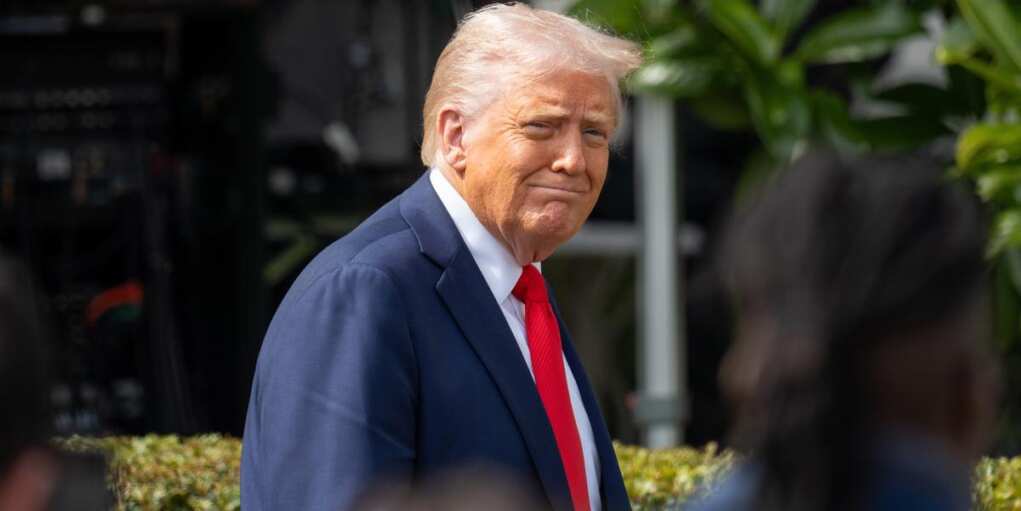Trump’s Scotland Swing Delivers Peace—and Power Plays

President Donald Trump’s whirlwind trip to Scotland didn’t just involve handshakes and headlines—it yielded what the White House is calling “peace deals and trade deals” that could dramatically reshape U.S. global influence. From striking a landmark economic pact with the European Union to brokering a surprise ceasefire in Southeast Asia, Trump returned stateside with a list of international victories—and one stern warning to Vladimir Putin.
At the center of the trip was a new transatlantic trade agreement hailed as a “generational modernization” of U.S.-EU relations. The deal slashes tariffs on American industrial goods and opens the EU market wide to U.S. exports in agriculture, manufacturing, and energy. Under its terms, the EU will purchase a staggering $750 billion in American energy over the course of Trump’s presidency and invest another $600 billion in U.S. sectors, dwarfing current levels of transatlantic capital flows.
“From peace deals to trade deals, this President has proven to be the ultimate negotiator and Deal Maker in Chief on behalf of the American people,” said White House Assistant Press Secretary Taylor Rogers.
The trade announcement followed months of post-Liberation Day diplomacy in which Trump pressured U.S. allies to rebalance trade or face tariff hikes. The EU had been threatened with a 30% tariff penalty, prompting what officials described as “tough” negotiations. But the result is a sweeping agreement that could re-anchor America’s position as Europe’s preferred trade and energy partner—while significantly reducing Europe’s reliance on Russian gas.
On the diplomatic front, Trump surprised many by securing a ceasefire between Thailand and Cambodia. The two nations had recently exchanged artillery fire along their disputed border, raising fears of a wider conflict in Southeast Asia. Trump said he refused to sign any trade deals with either nation until they stopped fighting—a threat that apparently worked.
“I am pleased to announce that… both Countries have reached a CEASEFIRE and PEACE,” Trump posted on Truth Social. “By ending this War, we have saved thousands of lives.”
Back in Scotland, Trump stood beside British Prime Minister Keir Starmer to address two other pressing global flashpoints: Ukraine and Gaza. On Ukraine, Trump vented his frustration with Vladimir Putin, signaling he would shorten the 50-day deadline previously given to end hostilities. “You have bodies lying all over the street,” Trump said of recent Russian attacks. “That’s not the way to do it.”
He warned the Kremlin that the clock is now ticking faster: “I’m going to make the new deadline about 10 or 12 days from today.”
In Gaza, Trump offered a softer tone, pledging U.S. food aid for children in the war-torn territory. He pushed back on Israeli Prime Minister Netanyahu’s claim that starvation is not occurring, stating bluntly: “Those children look very hungry… You can’t fake that.”
Trump said U.S. airdrops will continue and hinted at deeper coordination with Israel to get aid into the region faster.
With trade pressure, diplomatic muscle, and blunt public diplomacy, Trump’s Scotland trip served as a showcase of his foreign policy style: transactional, forceful, and outcome-driven. As critics call it bombast, the White House is calling it a winning streak.
